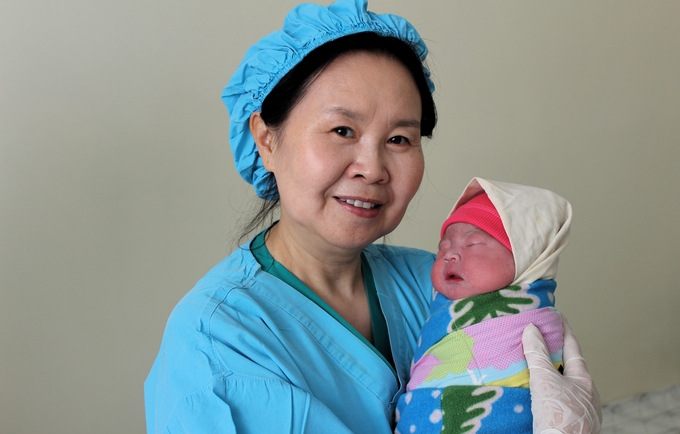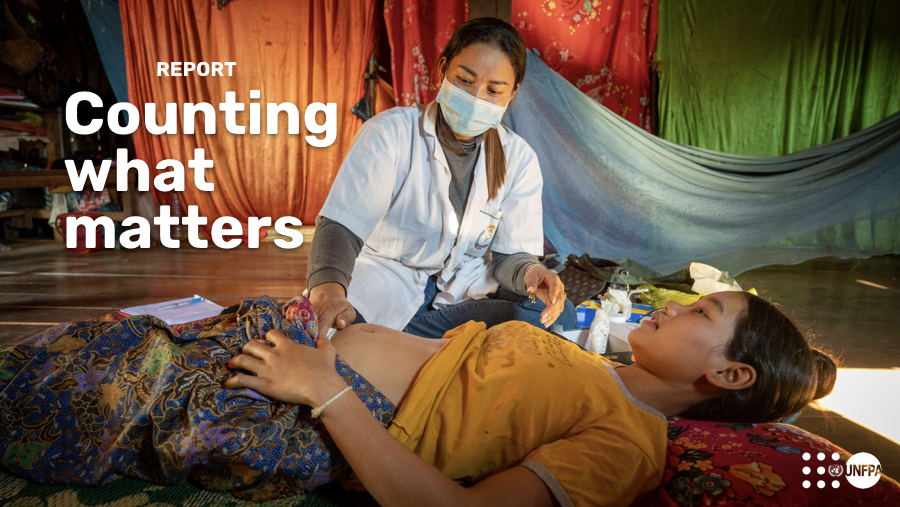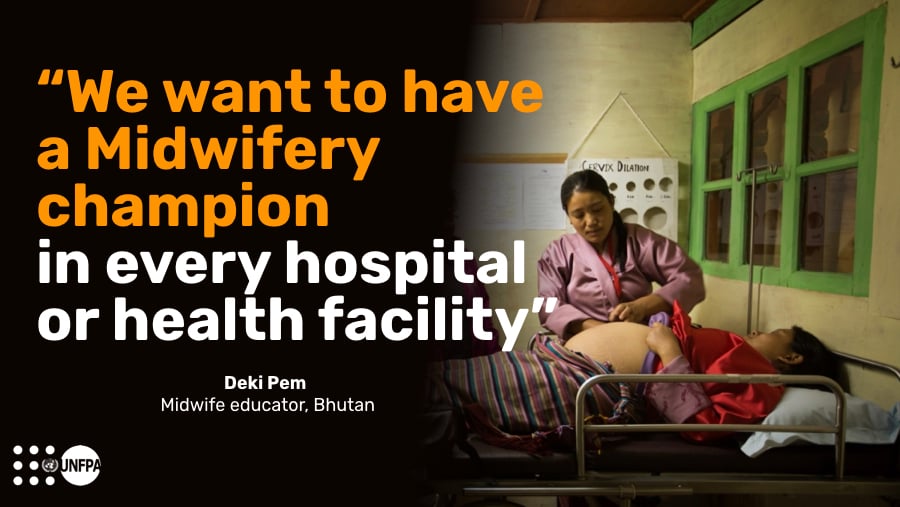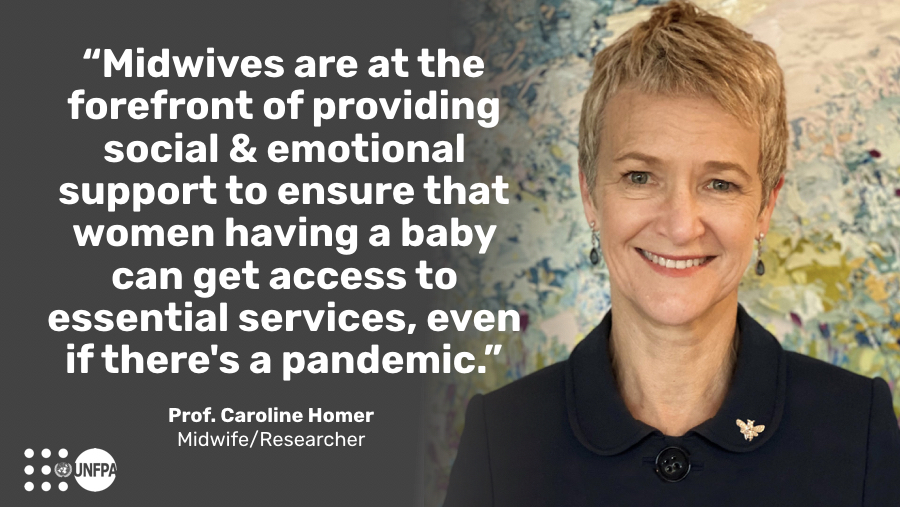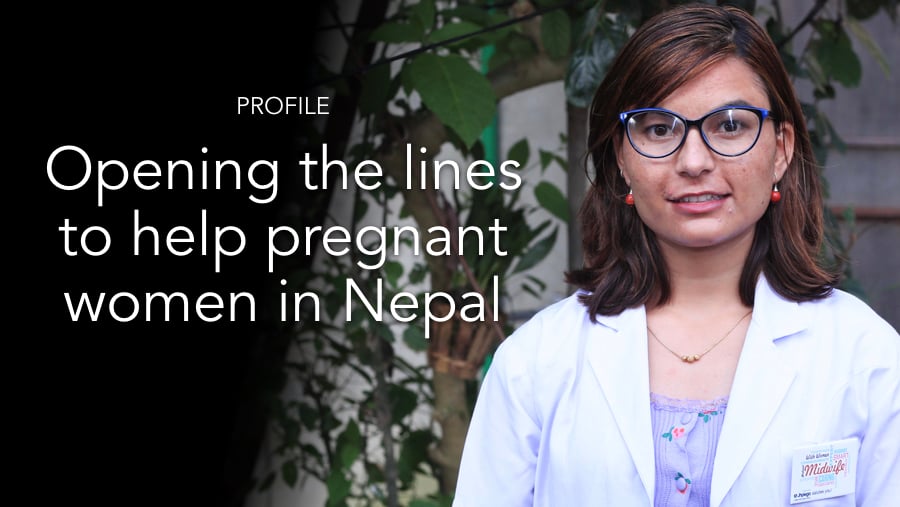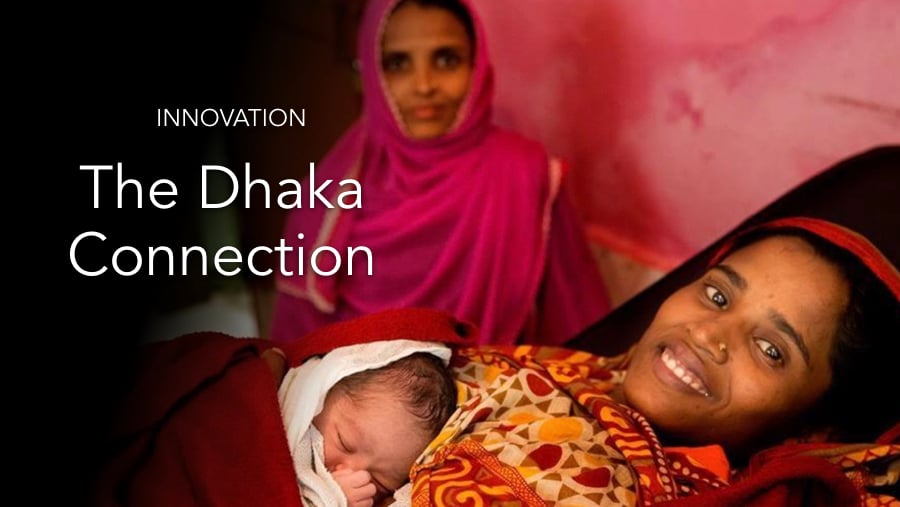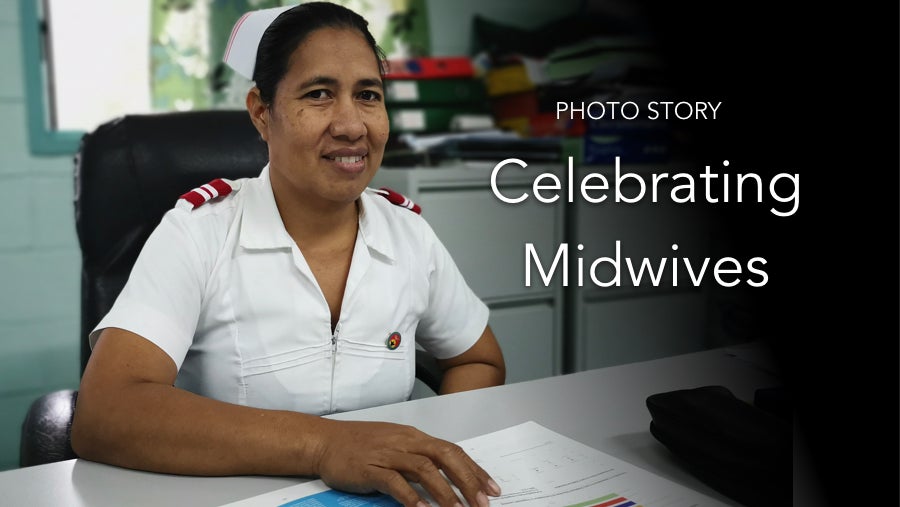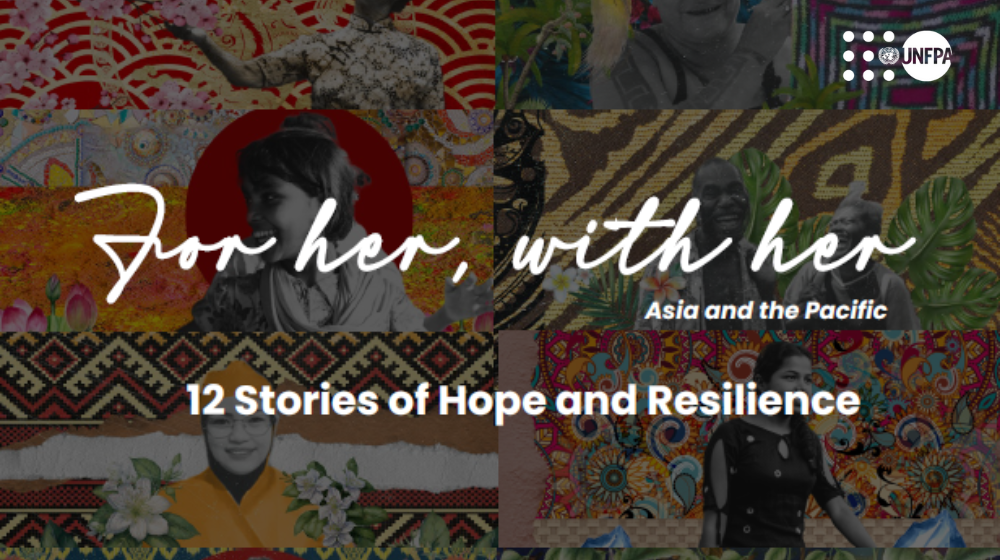Despite progress over the last decades, preventable maternal deaths remain extraordinarily high globally and in the Asia-Pacific region. The latest estimates published in 2020 show that while maternal mortality in the Asia-Pacific region declined by a third over this century, most reductions occurred between 2000 and 2015 (the MDG era), with little decline thereafter. The region needs to greatly accelerate its rates of reduction, if the target of 70 maternal deaths per 100,000 live births is to be achieved by 2030 - as mandated by the Sustainable Development Goal 3.1.
Many countries, in fact, still experienced maternal mortality ratios (MMR) between 100—299 per 100,000 live births in 2020, and a few countries experienced an increase between 2015 and 2020. In 2020, for every 100,000 births in the region, 113 women died from complications related to pregnancy and childbirth. This translates to over 66,000 women dying in pregnancy or childbirth every year in the region, with the bulk of those maternal deaths happening in South Asia, and among women with lower economic and social status in all countries.
Within the region, there is also significant variation in MMRs between countries. This suggests that, while Asia and the Pacific is heading in the right direction, it must accelerate actions to reduce maternal mortality further. The major causes of maternal death and disability have remained the same over the decades, pointing to persistent issues in the availability of good quality and timely healthcare during pregnancy, labour and birth: excessive bleeding (haemorrhage); anaemia; infections/sepsis; obstructed labour; hypertensive disorders, and unsafe abortion.
UNFPA works to ensure that high-quality maternal health care, delivered by a skilled and trained health workforce of midwives and other health professionals, is available to all women in the region: antenatal care; safe delivery services; emergency obstetric care, postnatal care, and modern contraceptive options.
UNFPA advocates for greater international commitment and support for maternal health and sexual and reproductive health services as a basic human right and a health sector priority. UNFPA's work is broad-based: it supports family planning services including counselling and a full range of high quality contraceptive methods; develops the capacities of skilled birth attendants - particularly midwives - for maternal health care through training programmes and encourages the use of international clinical standards in education and training; promotes laws and policies that ensure the reproductive rights of women and adolescents, while discouraging harmful practices such as early marriage and female genital mutilation; and advocates for programmes to expand universal health coverage for the most impoverished and marginalized communities, to ensure that no woman faces financial barriers or catastrophic financial consequences for seeking care during pregnancy, birth and obstetric emergencies.
In conflict and natural disasters settings, pregnancy-related deaths often increase. Reproductive health services, including prenatal care, institutional and supervised delivery, and emergency obstetric care often become unavailable. 60% of maternal deaths globally take place in fragile contexts. UNFPA works to reduce maternal and newborn morbidity and mortality through continuation of quality maternal and newborn health services and ensuring the availability of essential supplies, medicines and skilled personnel.
